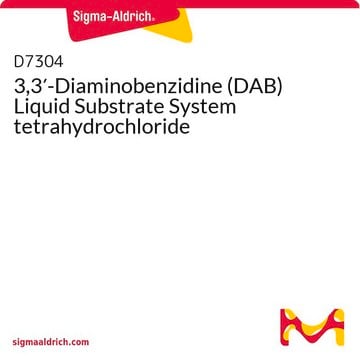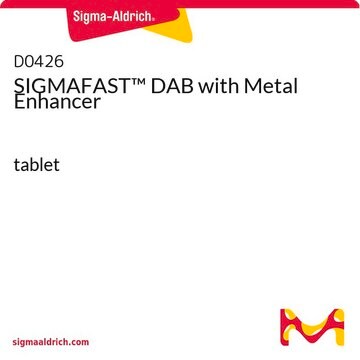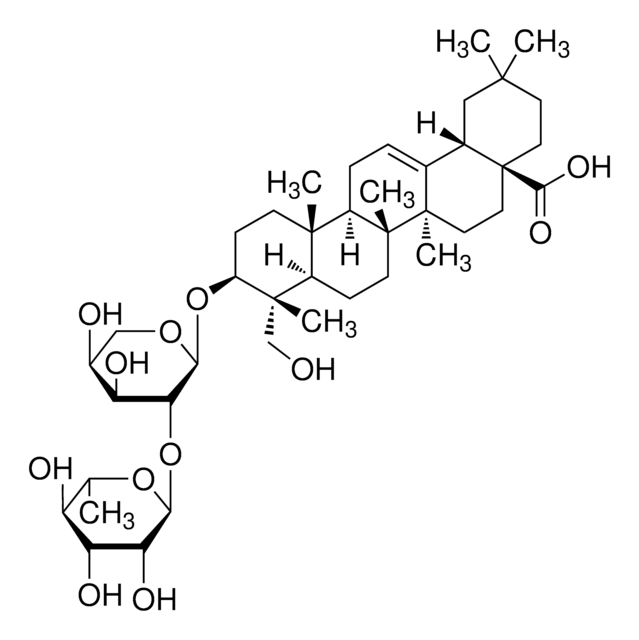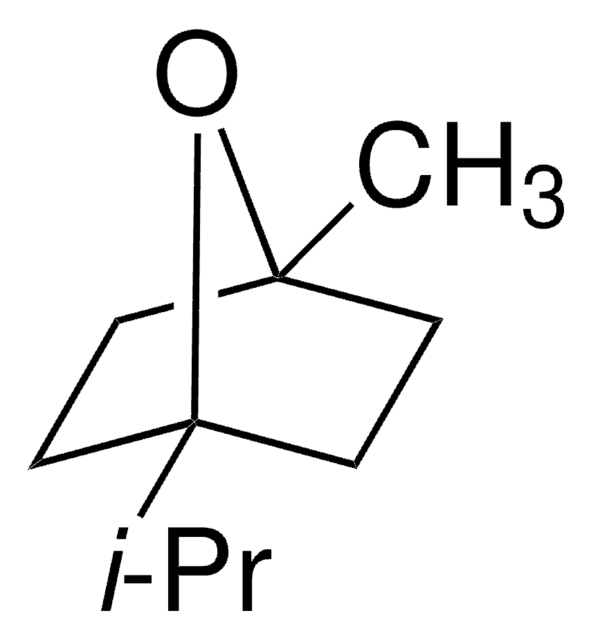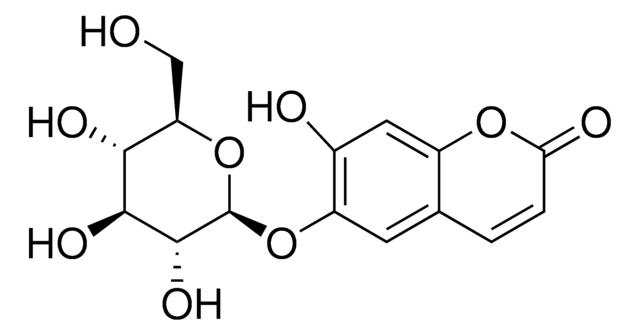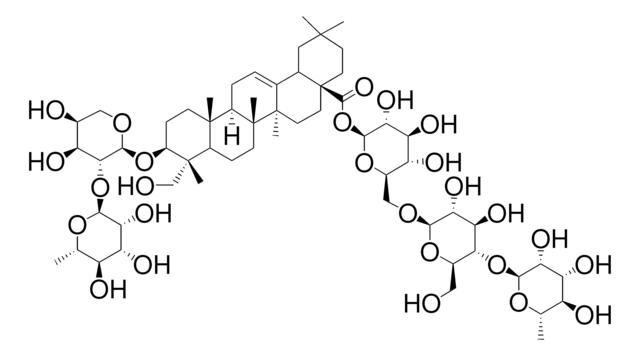About This Item
Recommended Products
biological source
plant (Aesculus chinensis)
Quality Level
Assay
≥95%
form
powder
impurities
≤6.0% Water (Karl Fischer)
color
white
solubility
methanol: 50 mg/mL, clear to slightly hazy, colorless to faintly yellow
SMILES string
C\C=C(/C)C(=O)OC1[C@H](OC(C)=O)C2(CO)[C@H](O)C[C@]3(C)C(=CCC4C5(C)CCC(O[C@@H]6O[C@@H]([C@@H](O[C@@H]7O[C@H](CO)[C@@H](O)[C@H](O)[C@H]7O)[C@H](O)[C@H]6O[C@H]8O[C@H](CO)[C@@H](O)[C@H](O)[C@H]8O)C(O)=O)[C@](C)(CO)C5CCC34C)C2CC1(C)C
InChI
1S/C55H86O24/c1-10-23(2)46(71)79-43-44(72-24(3)60)55(22-59)26(17-50(43,4)5)25-11-12-30-51(6)15-14-32(52(7,21-58)29(51)13-16-53(30,8)54(25,9)18-31(55)61)75-49-41(77-48-38(67)36(65)34(63)28(20-57)74-48)39(68)40(42(78-49)45(69)70)76-47-37(66)35(64)33(62)27(19-56)73-47/h10-11,26-44,47-49,56-59,61-68H,12-22H2,1-9H3,(H,69,70)/b23-10+/t26?,27-,28-,29?,30?,31-,32?,33-,34-,35+,36+,37-,38-,39+,40+,41-,42+,43?,44+,47+,48-,49-,51?,52-,53?,54-,55?/m1/s1
InChI key
AXNVHPCVMSNXNP-YSYFQUGBSA-N
Looking for similar products? Visit Product Comparison Guide
Application
Other Notes
Signal Word
Warning
Hazard Statements
Precautionary Statements
Hazard Classifications
Acute Tox. 4 Inhalation - Acute Tox. 4 Oral
Storage Class Code
11 - Combustible Solids
WGK
WGK 2
Personal Protective Equipment
Choose from one of the most recent versions:
Already Own This Product?
Find documentation for the products that you have recently purchased in the Document Library.
Customers Also Viewed
Our team of scientists has experience in all areas of research including Life Science, Material Science, Chemical Synthesis, Chromatography, Analytical and many others.
Contact Technical Service


